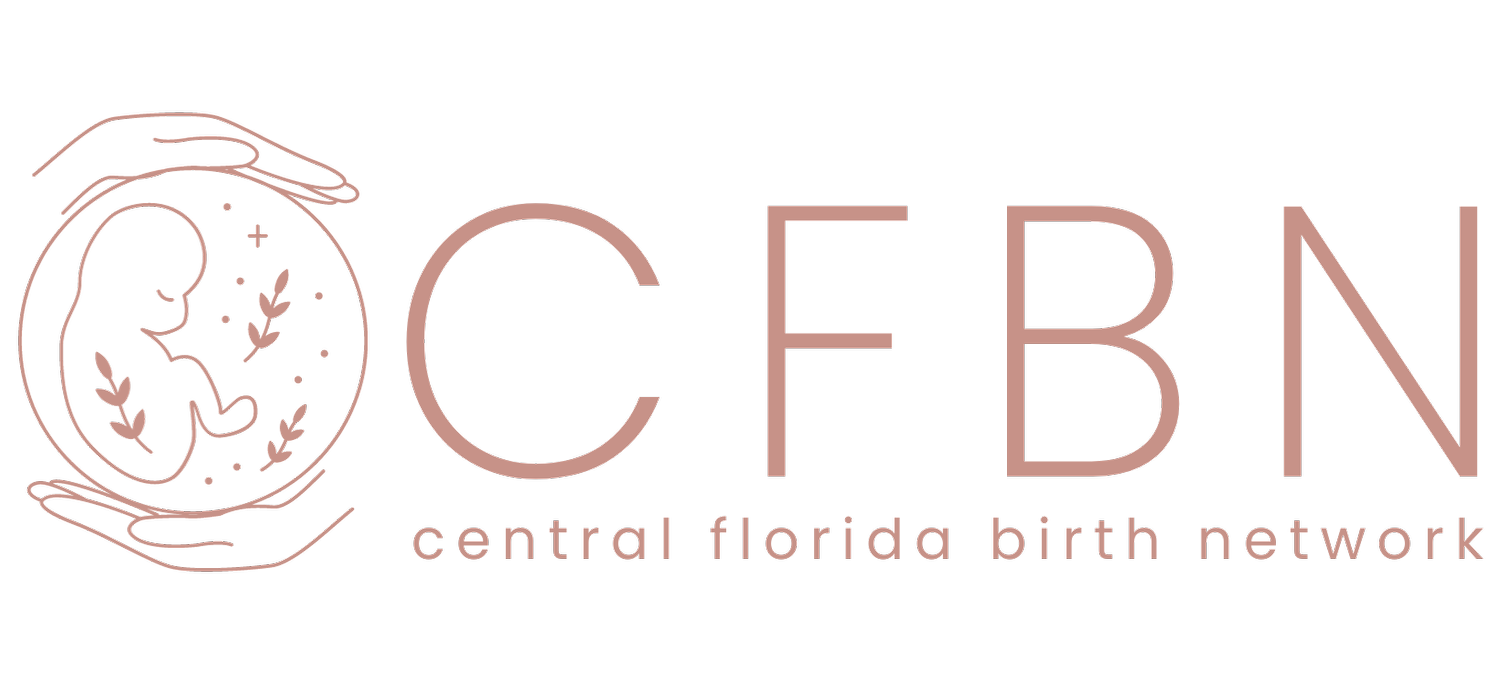Reproductive Justice is Queer Liberation
Every June, the world bursts into rainbows.
Pride month brings with it celebration, resistance, and remembrance. We honor the ones who came before us—those who rioted, who dreamed, who survived. We celebrate who we are in all our colors and complexities. And still, beyond the glitter and parades, there’s a deeper truth: Pride is political. Pride is embodied. And Pride is connected to reproductive justice in a way that we can’t afford to ignore.
As a queer Latina therapist who specializes in trauma and reproductive mental health, I hold sacred space for the intersections of identity, body, and care. I’ve sat across from clients grieving the loss of autonomy after a traumatic birth, queer folks wondering if they’re “allowed” to want children, and trans parents navigating a system that too often erases them. Over and over, I’m reminded: reproductive health is a queer issue too.
Not in theory—in lived experience.
Too often, reproductive conversations center cisgender, heterosexual women. But what about the lesbian couple navigating IVF with a sperm donor? Or the nonbinary person deciding whether pregnancy feels safe in their body? Or the queer teen struggling to access affirming care while also making decisions about contraception?
These stories matter. We matter.
Reproductive justice is about the right to have children, the right not to have children, and the right to raise children in safe and supportive environments. It’s not just about access—it’s about agency. And for LGBTQ+ folks, reproductive justice also means care that is gender-expansive, culturally competent, trauma-informed, and rooted in dignity.
It means we shouldn’t have to translate ourselves in exam rooms. It means we shouldn’t be questioned or invalidated because our families don’t look like the “default.” It means our grief, our joy, our choices, and our healing journeys are held as sacred.
For so many of us, these conversations are personal. They’re about identity, spirituality, belonging. They’re about how we care for our bodies after years of being told they were wrong. They’re about the dreams we hold for future families—chosen and biological—and the safety we long for in those dreams becoming real.
And they’re about reclaiming what has long been taken or denied.
As someone who walks with people through birth trauma, postpartum identity shifts, sexual violence, and generational wounding, I see how deeply queer and reproductive healing overlap. Many of us are carrying stories—of medical mistreatment, of religious shame, of erasure and invisibility. And yet, here we are: reclaiming our wholeness, one breath at a time.
This Pride month, I’m calling in a new type of conversation.
Let’s talk about queer pregnancy and trans birthing bodies. Let’s support LGBTQ+ people in accessing abortion care without stigma or judgment. Let’s build systems that center community, safety, and informed choice. Let’s affirm that queer folks don’t need to become parents to be whole—and that if they do choose to become parents, they deserve joy, support, and celebration along the way.
Let’s remind each other: our love is not a liability. Our identities are not up for debate. Our care—our healing—is not optional.
Pride and reproductive justice are deeply intertwined. Both say: your body is yours. Your story is sacred. And your liberation matters.
About the Author
Paulette Arboleda (she/her/ella) is a queer Latina therapist, writer, and community builder based in Orlando, Florida. She specializes in trauma, maternal and reproductive mental health, and helping women and LGBTQ+ folks reconnect with their sense of worth, safety, and soul. When she’s not in session, she’s watching her favorite comfort shows, playing cozy games, or spending time in nature with her wife.


